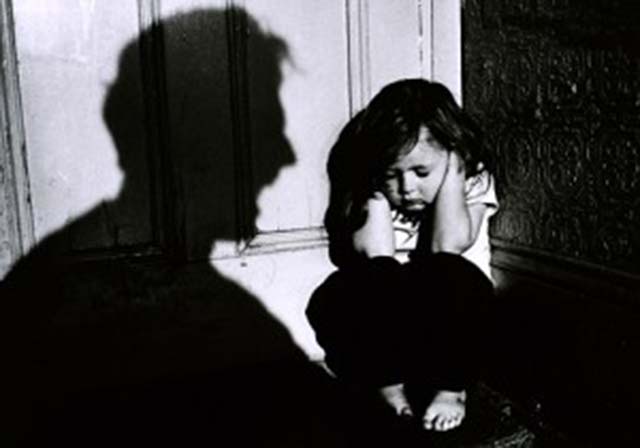A strong sense of tendency towards breaking social norms or legal restrictions is felt among the individuals. Some simply transcend public values, which are deeply embedded in society’s culture, however, a number of ideologues trample upon legal obligations through perilous acts. For instance, members of the insurgent groups pay no significance to moral or legal standards and feel an insatiable desire for breaking them.
With the current unmitigated militancy and inclination towards violence and bloodshed, one will be taken aback to see that the individuals aged 20 – 30 form the larger part of the insurgent groups. To know the motives behind this social phenomenon, we need to consider their backgrounds within families and society.
Sociologically, there are many reasons behind this fact: (1) Based on theory of “social control”, which is dominant in criminology, the main reason behind disorder in a society is lack of social control. It suggests that man feels a natural tendency towards evils, and lack of control will facilitate the path for greater disorder. (2) However, “social acquiring” suggests that the individuals learn deviant behaviors through social interactions based on certain process. In other words, deviation and criminal behaviors are acquired via socialization rather than being natural. This theory considers the role of media very essential in poisoning the minds of a society and desensitizing the breaking of accepted norms or redirecting their motivation to social deviation. (3) “Social pressure” states that a spate of structural pressures in a society, such as social deprivations, economic constraints, etc., forces people into violating law and regulation. For instance, one will resort to breaking law or violent behaviors for failing to gain his/her dreams, being humiliated in family or society or simply deprived of a luxury life unlike his/her next-door neighbor. As a result, since there are enough social welfares and facilities in industrial societies, they will hardly encounter groups of radical revolutionists. Therefore, the poor countries will be mostly in grip of insurgent radicals.
In addition, “labeling” is also a sociological theory and states that a number of individuals are inclined towards perilous and criminal acts for being labeled so by society or by members of their families. Ill-fatedly, some like to label others negatively and analyze their actions through their personal tastes. It is believed that labeling one “criminal” will make him/her criminal, based on sociological analysis, and the person will commit crime for being labeled so. Psychologists also believe that if parents label their child “lazy”, s/he will not get a good position at school and this word will linger in the child’s subconscious mind for long time. Moreover, being labeled will underestimate one in the eye of the public and reflect a negative picture of him/her to the society. So, when one is labeled as “criminal” or “deviant” s/he will nurture a keen interest in breaking law and regulation.
If we consider the status quo, lack of control is widely felt in the society. It is believed that if Afghanistan had a stronger government with higher military equipments, the citizens would not suffer terrorism and insecurity as they do now. A number of criminals and terrorists are at large despite breaking law constantly. In another term, the criminals are hardly prosecuted and this is one of the reasons behind the rise in violence and crime. In addition, the state law is not implemented thoroughly and some commit crime with impunity. Indeed, lack of “social control” plays a highly destructive role in a society.
It goes without saying that the Taliban fighters are socialized in madrasahs, which are the hotbed of radical ideology, mostly outside the border. They are not born criminal but brainwashed and acquire violent exercises through the means of socialization.
Similarly, scores of the youths, who join the militants, come from deprived families. Failing to meet their dreams or enjoy equal chances and opportunities as other citizens, the lump in their throats grew stronger and, ultimately, forced them to join terrorist networks. They can hardly tolerate others enjoy a better life and greater facilities or walk with their friends while they are deprived of these blessings and assets. The immoral acts of the self-styled Islamic State group, who declared “Jihad-e-Nikah” to satiate their carnal desires through religious terms, unfold the very same fact. To put it succinctly, members of the IS group succumbed to sexual orientations but under the false mask of religion – they violated the sanctity of religion for personal desires. Hence, their tendency towards breaking legal and religious obligations seemingly stem from social pressures namely deprivation.
Home » Opinion » The Philosophy Behind Violence and Disorder
The Philosophy Behind Violence and Disorder
| Hujjatullah Zia

